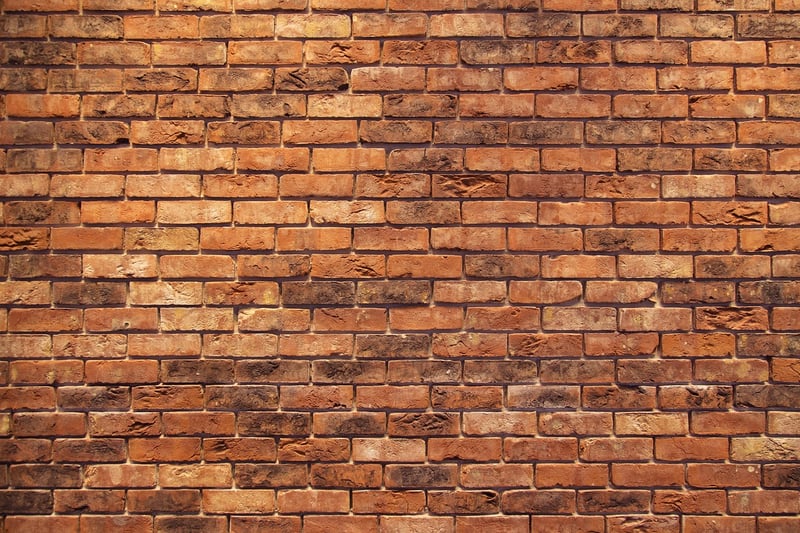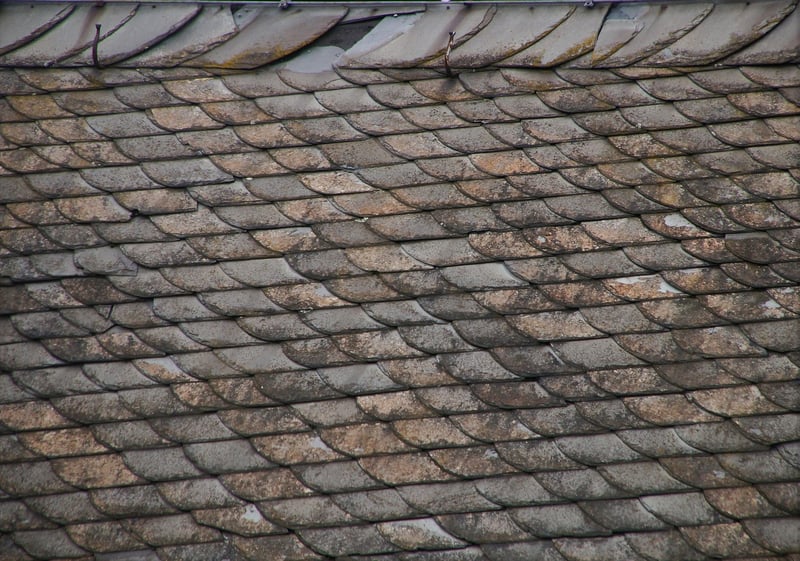Thermal insulation
The Benefits of Vertical Gardens for Thermal Insulation
Vertical gardens, also known as green walls, are a sustainable and innovative way to bring nature into urban environments. Apart from their aesthetic appeal and environmental benefits, vertical gardens offer excellent thermal insulation properties that can positively impact buildings and their surroundings. Let's explore the advantages of vertical gardens in enhancing thermal insulation:
1. Temperature Regulation
Vertical gardens act as natural insulators by creating an additional layer that helps regulate the temperature of buildings. During hot weather, the plants absorb sunlight and provide shade, reducing the need for air conditioning. In colder months, the plants provide an extra barrier against heat loss, helping maintain interior warmth.
2. Energy Efficiency
By reducing the reliance on mechanical heating and cooling systems, vertical gardens contribute to energy efficiency in buildings. This, in turn, can lead to cost savings on energy bills and a decreased carbon footprint, making them a sustainable choice for environmentally conscious individuals and organizations.
3. Air Quality Improvement
Plants in vertical gardens play a crucial role in purifying the air by absorbing pollutants and releasing oxygen. Improved air quality not only benefits the occupants of the building but also contributes to a healthier environment in urban areas. Cleaner air can lead to better overall well-being and productivity.
4. Noise Reduction
The vegetation in vertical gardens can help dampen sound and reduce noise pollution, especially in busy urban settings. The plants act as a natural barrier that absorbs and reflects sound waves, creating a quieter and more peaceful indoor environment.
5. Aesthetic Appeal
Aside from their functional benefits, vertical gardens enhance the visual appeal of buildings and outdoor spaces. They add a touch of greenery, color, and texture, creating a harmonious and inviting atmosphere. Vertical gardens can also serve as artistic installations that contribute to the overall design aesthetic.
Overall, vertical gardens offer a myriad of advantages, including thermal insulation properties that can significantly benefit buildings and their occupants. By incorporating green walls into architectural designs, individuals and organizations can create sustainable, energy-efficient, and aesthetically pleasing spaces that promote well-being and environmental stewardship.

For more information on vertical gardens and their benefits, you can visit UrbanGreenSpace.com.
